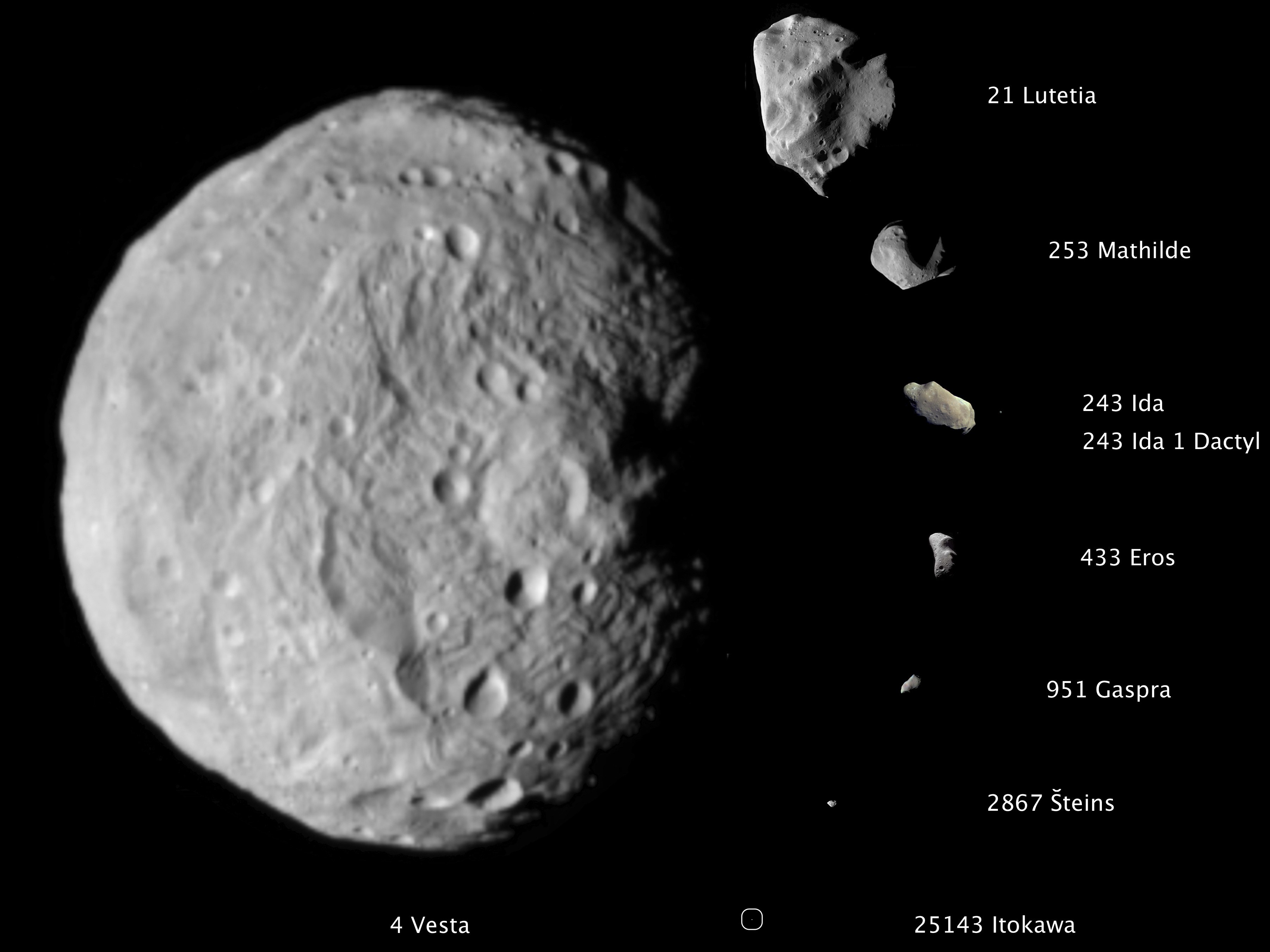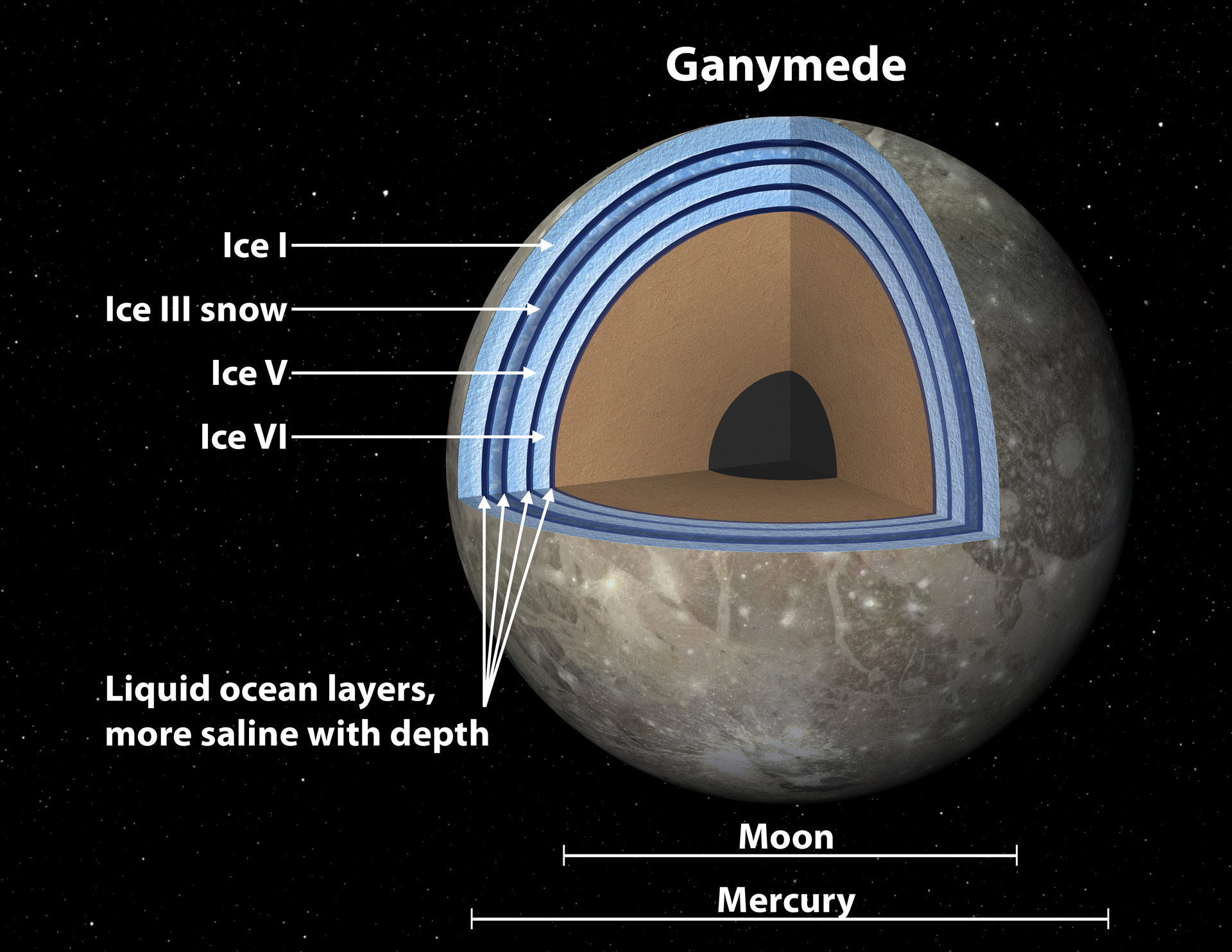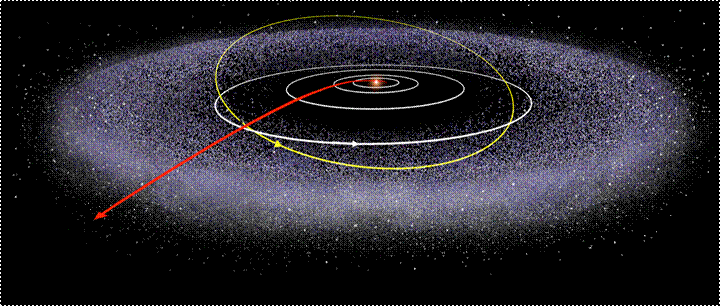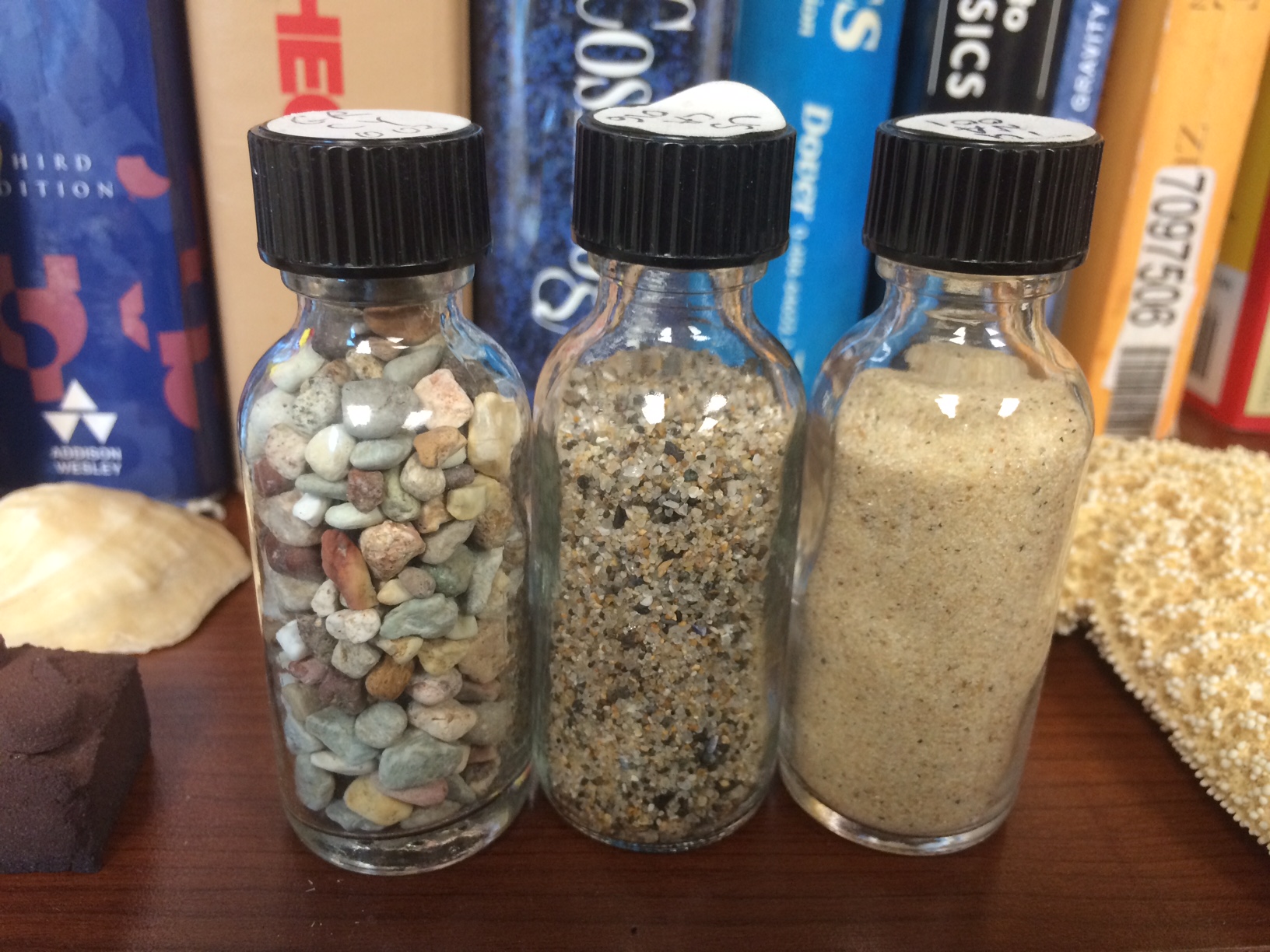I’m sure this is not interesting to most people, but I wanted to get it onto the Internet for those who become interested in Pluto’s planethood during the flyby and want more details. Determining the definition of a planet is really a scientific question. The first step in science is not writing down a hypothesis […]
...
When people say Pluto isn’t a planet, they often say it is an icy body and therefore it must be a comet, not a planet. But are icy worlds simply comets? Or can real planets be made of ice? And what is the difference between ice and rock, anyway? Let’s take a look! Stars with […]
...
To get ready for the New Horizons flyby of Pluto (this July!), I’m writing a series on the science of Pluto and the Kuiper Belt. Here is the next installment. There are some very strong hints that the planets haven’t stayed in their original orbits and the giant planets tossed around the smaller ones. These […]
...
The Pluto flyby is a once-in-a-lifetime event, so to get ready I’m writing a series on the Kuiper Belt. This time we’ll look at how solar system bodies are classified by the way they dance. Orbital Resonance The planets’ orbits are affected by something called resonance. When you were a child you learned how to swing […]
...
About 2300 years ago, a human being measured the world. It was Eratosthenes, the Greek scholar. Imagine how he felt when he first realized what he had done. “Wow, I am the only person who has ever known the size of the world.” It must have been amazing. And humbling. He had noticed that sunlight […]




